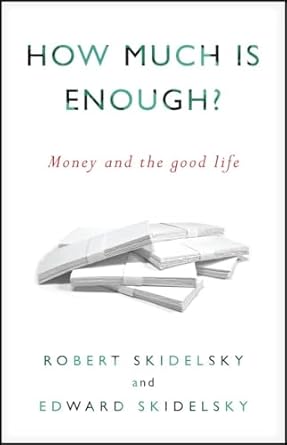Veblen Goods
Goods that increase in demand as price goes up.
Examples:- Luxury goods
- Pharmaceuticals
Key Insights & Principles
Business & Marketing
Insights:- With particular types of goods, such as luxury goods and pharmaceuticals, the demand can increase with price.
- Humans tend to associate higher price with higher quality, and low price with low quality.
- Spending money is a way to signal wealth or status, and the appeal of Veblen goods is the high price which means exclusivity.
- Invest in and market higher end goods.
- Avoid dropping prices to improve long term market share.



